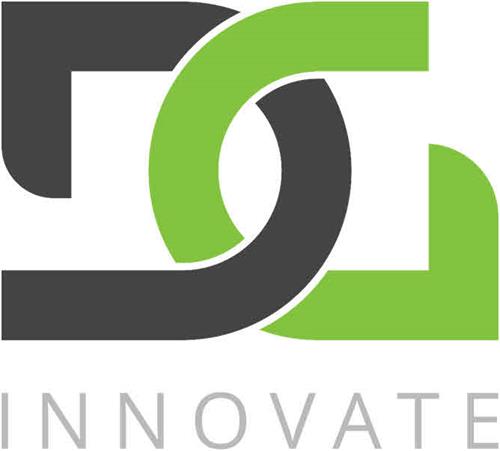Sodium-ion batteries, often referred to as Na-ion batteries, use sodium ions for energy storage and release, presenting a viable alternative to the commonly used lithium-ion batteries found in phones and electric vehicles. Although the concept of sodium-ion batteries has been around since the 1990s, recent advancements have brought them closer to commercial viability.
These batteries operate similarly to lithium-ion batteries, featuring two electrodes (positive and negative) separated by an electrolyte. This electrolyte facilitates the movement of ions between the electrodes, enabling the chemical reactions necessary for storing and releasing electrical energy. The primary difference between the two technologies lies in the use of sodium ions instead of lithium ions.
Sodium-ion batteries offer several advantages. Sodium is much more abundant than lithium, making it easier and cheaper to obtain. This abundance could lead to lower manufacturing costs and a reduced environmental impact compared to lithium-ion batteries. Additionally, sodium-ion batteries have the potential to provide similar energy density to lithium-ion batteries, making them suitable for a wide range of applications, although more development is needed to reach this potential. Furthermore, sodium-ion batteries are generally considered safer than lithium-ion batteries, as they are less prone to overheating and catching fire. This safety feature can be a significant advantage in various applications.
Despite their promise, sodium-ion batteries face several challenges that have prevented them from replacing lithium-ion batteries. One significant issue is their lower voltage; sodium-ion batteries have a voltage of 2.5V compared to the 3.7V of lithium-ion batteries, which can limit their suitability for high-power applications. Additionally, they have a slower charge and discharge rate, making them less ideal for applications that require rapid energy delivery, such as electric vehicles. Another drawback is their limited charge cycles; currently, sodium-ion batteries have fewer charge cycles before degradation compared to some advanced lithium-ion chemistries, like LiFePO4, which can reach up to 10,000 cycles.
While sodium-ion battery technology is still maturing, it holds promise for the future. For now, lithium-ion batteries continue to dominate the energy storage market, offering advantages that meet the demands of modern technology. However, ongoing research and development could eventually position sodium-ion batteries as a competitive and sustainable alternative in specific applications. In summary, sodium-ion batteries offer intriguing benefits, but they need further refinement to overcome their current limitations. As technology progresses, they may play a more significant role in our energy storage solutions.
DG Innovate plc (LON:DGI) is an advanced research and development company pioneering sustainable and environmentally considerate improvements to electric mobility and storage, using abundant materials and the best engineering and scientific practices. Deregallera is a subsidiary of DG Innovate.


